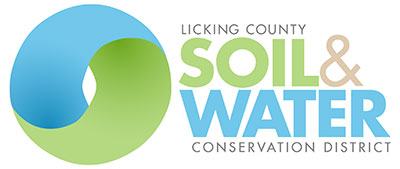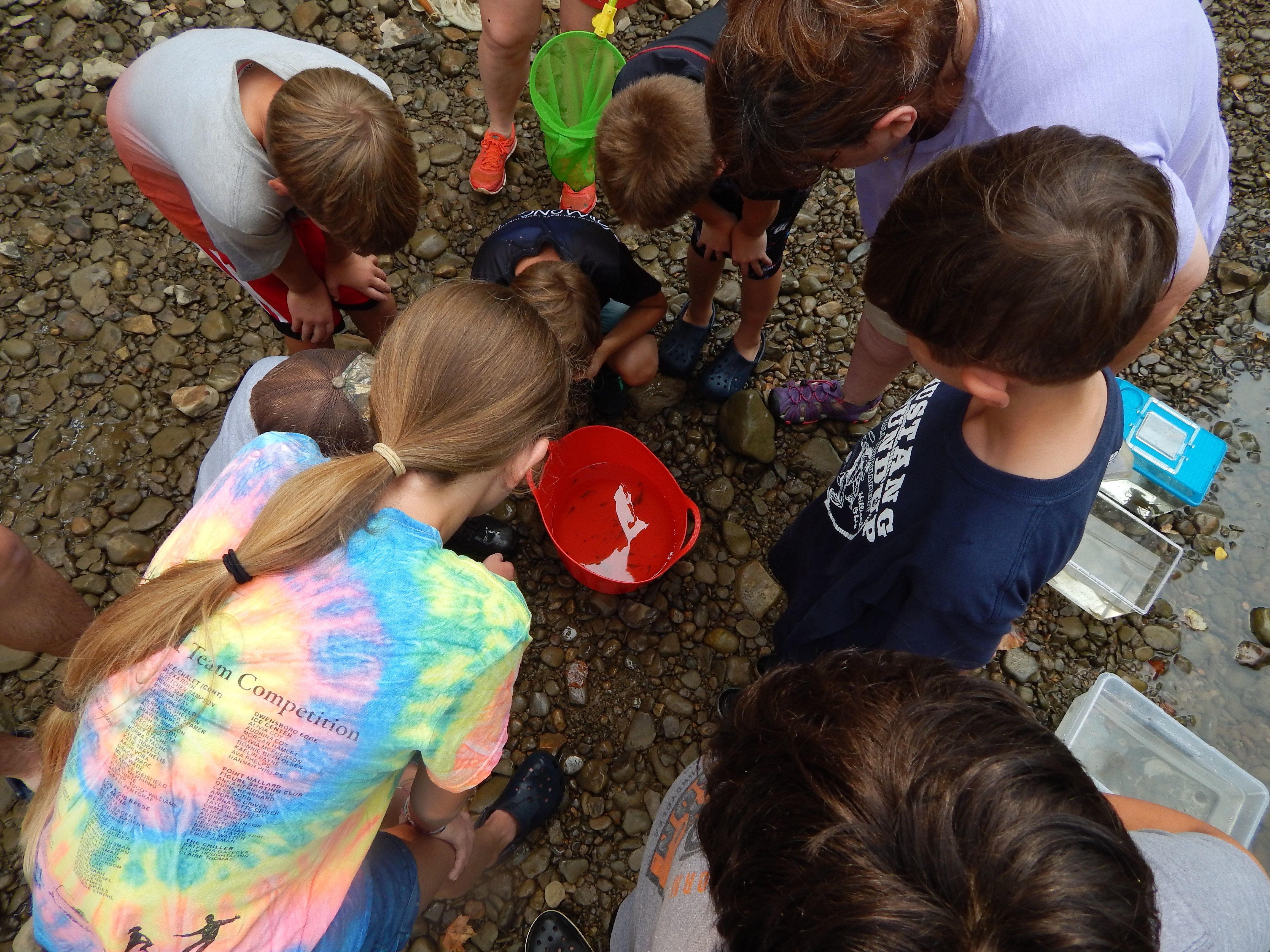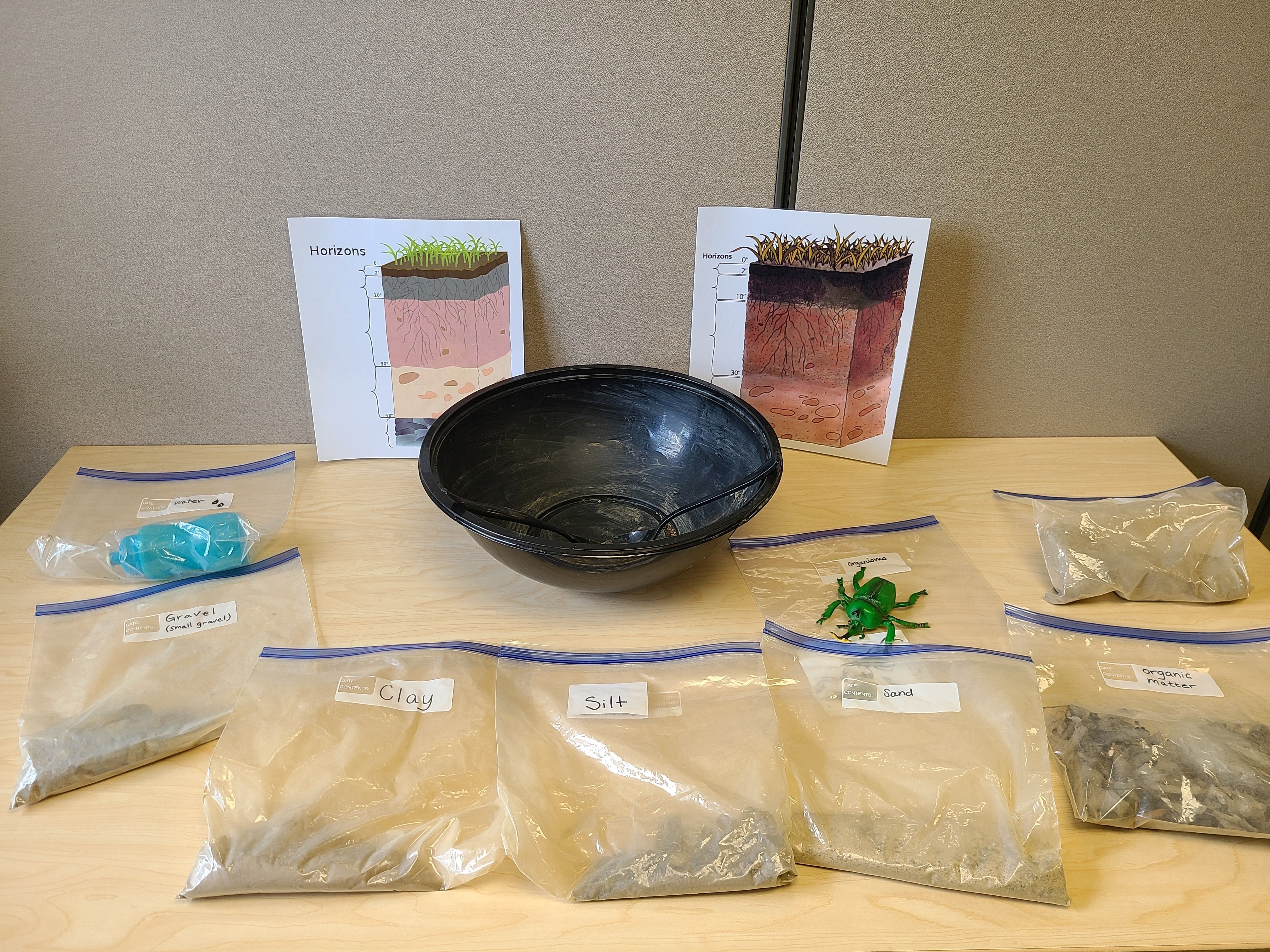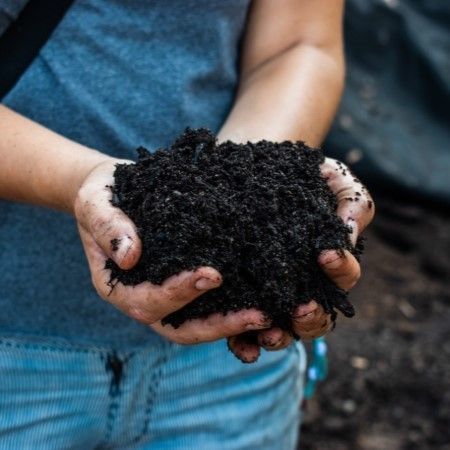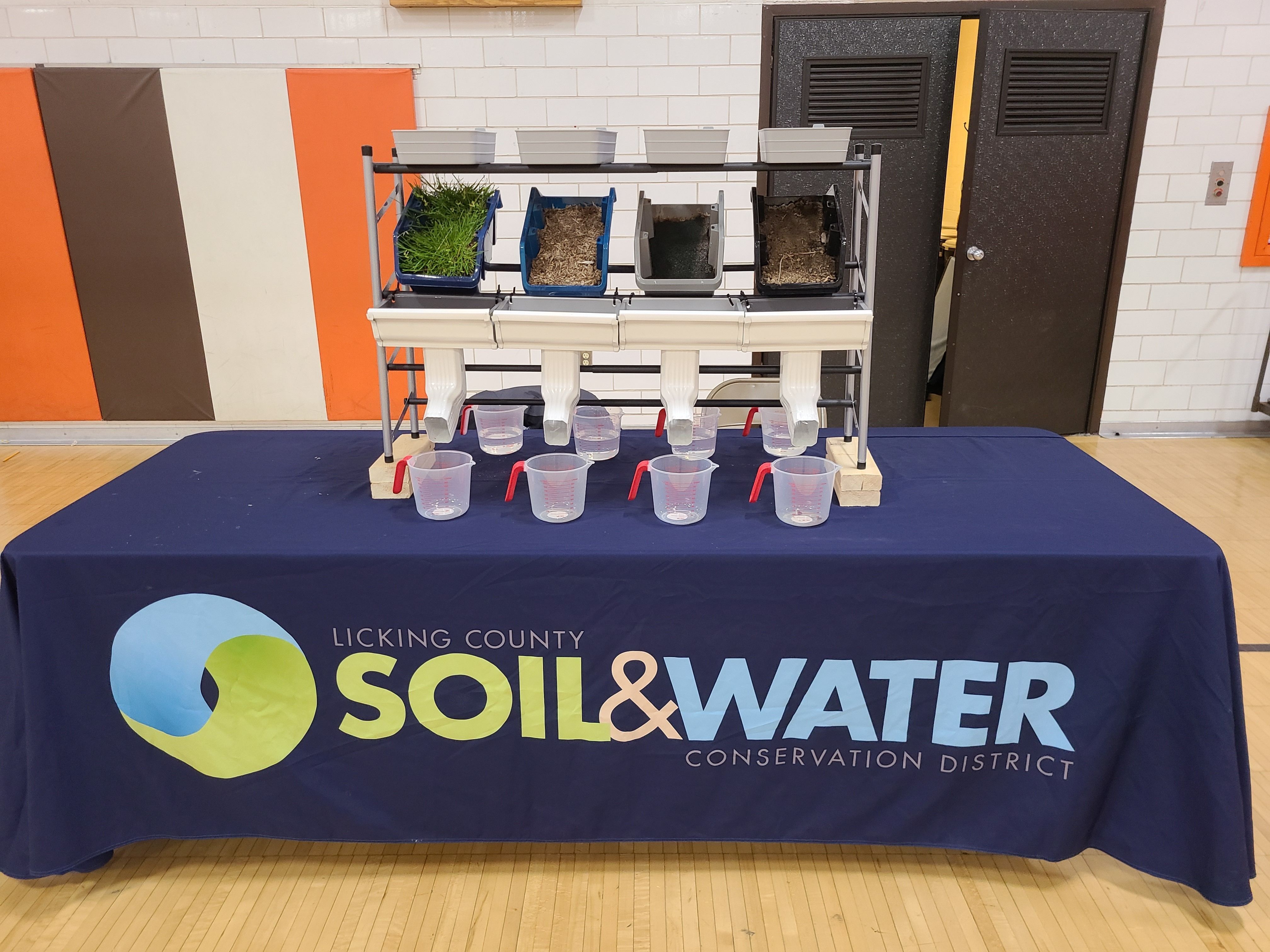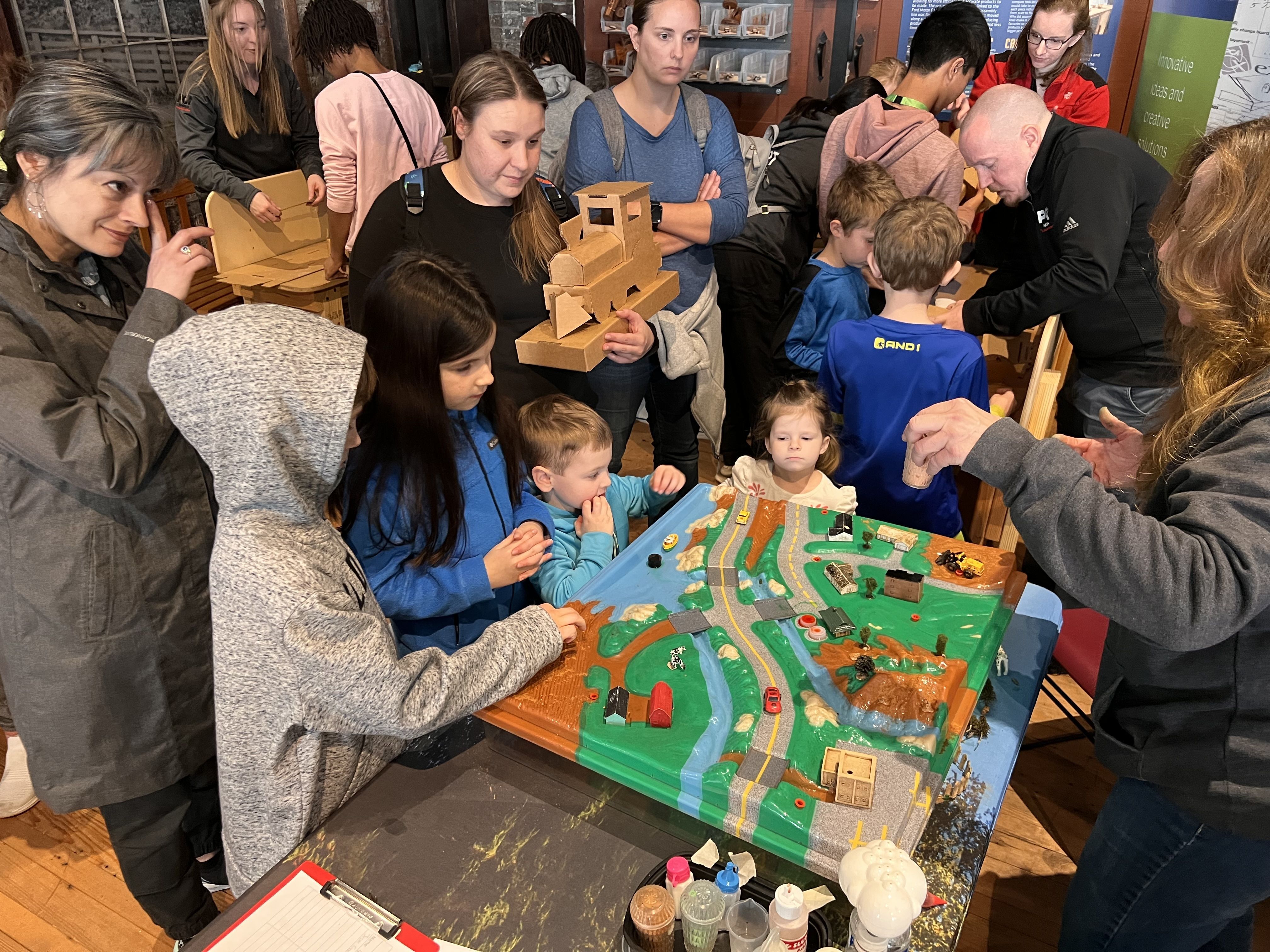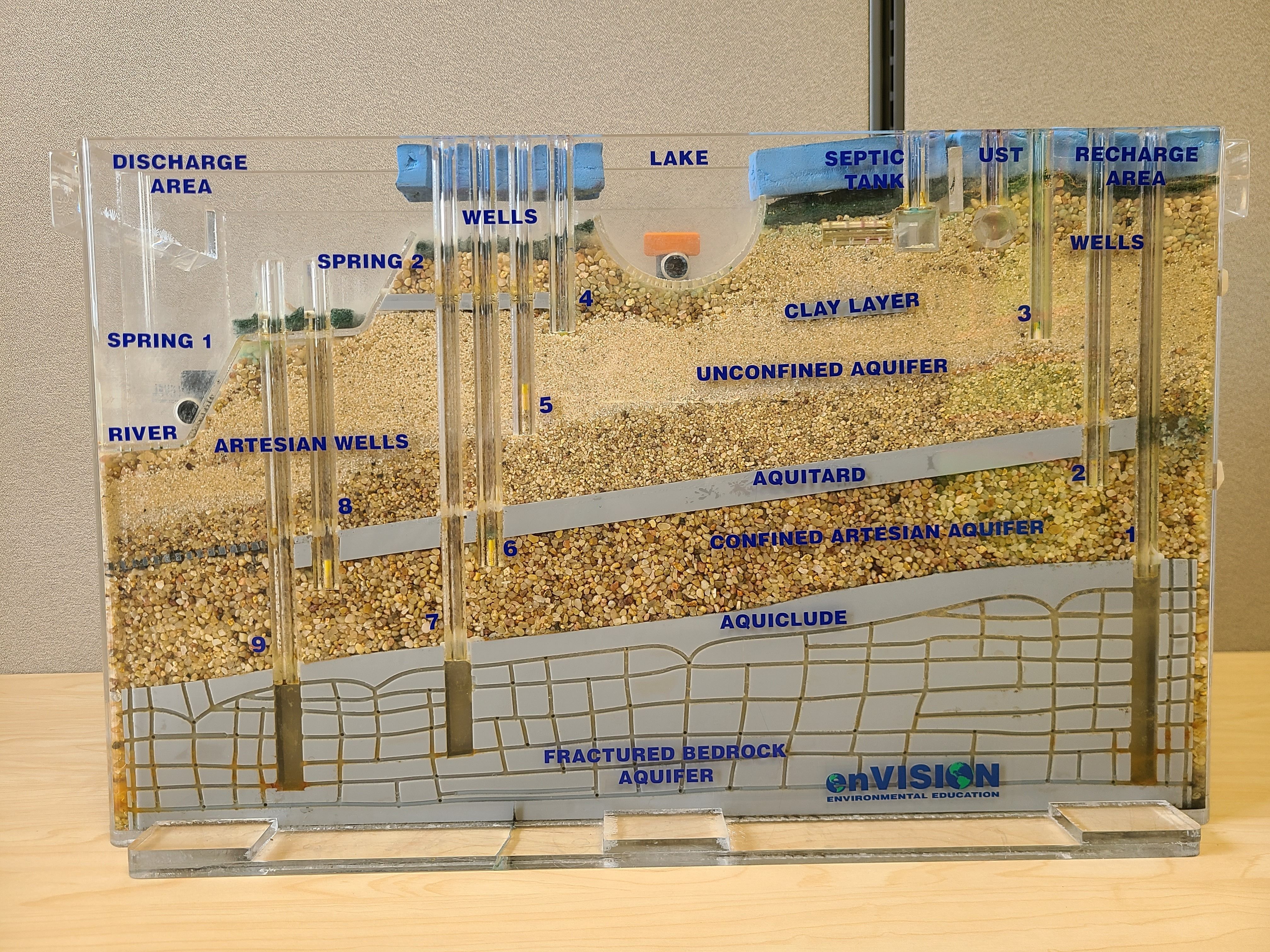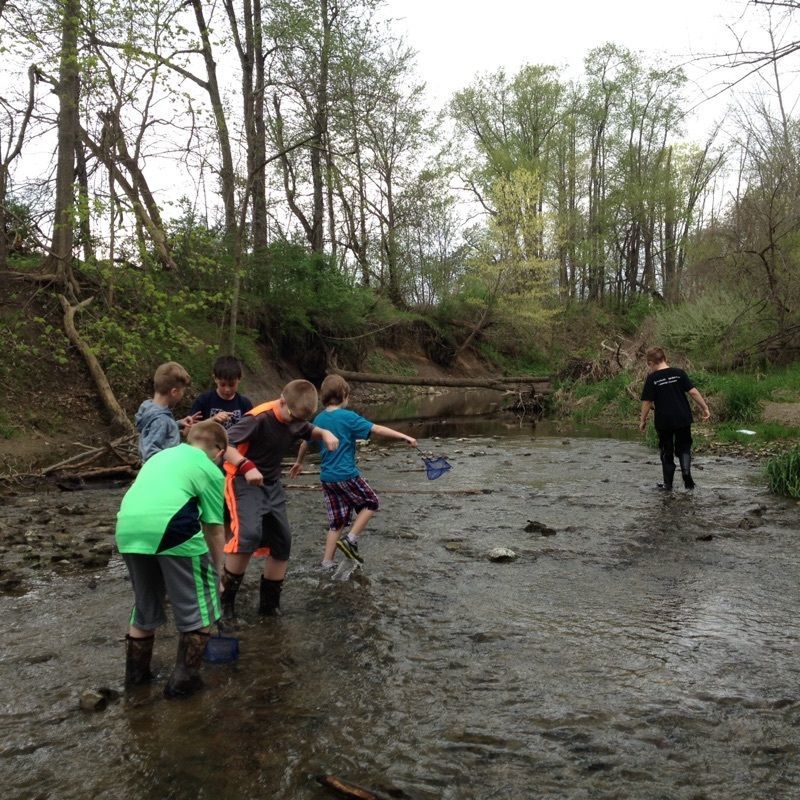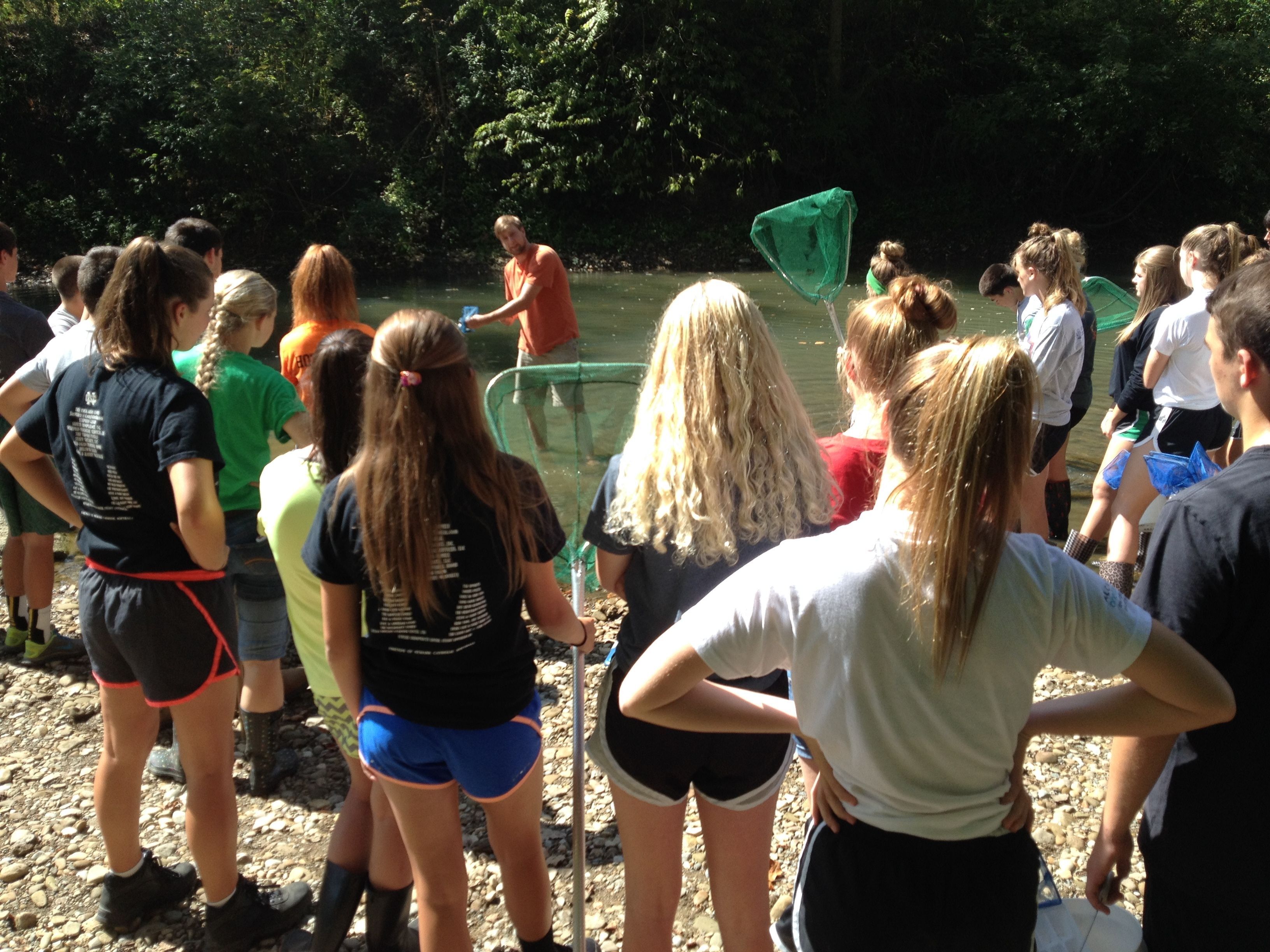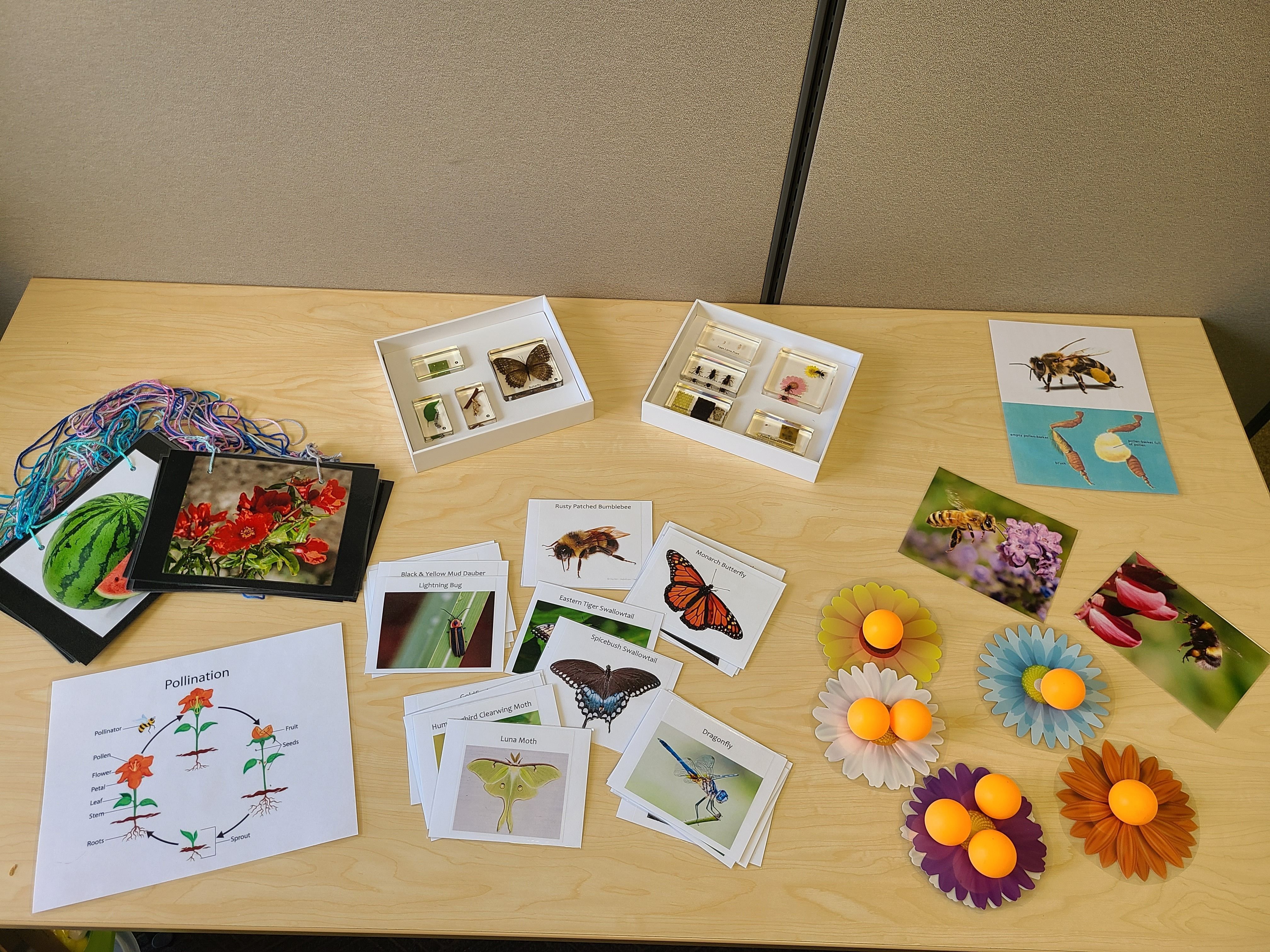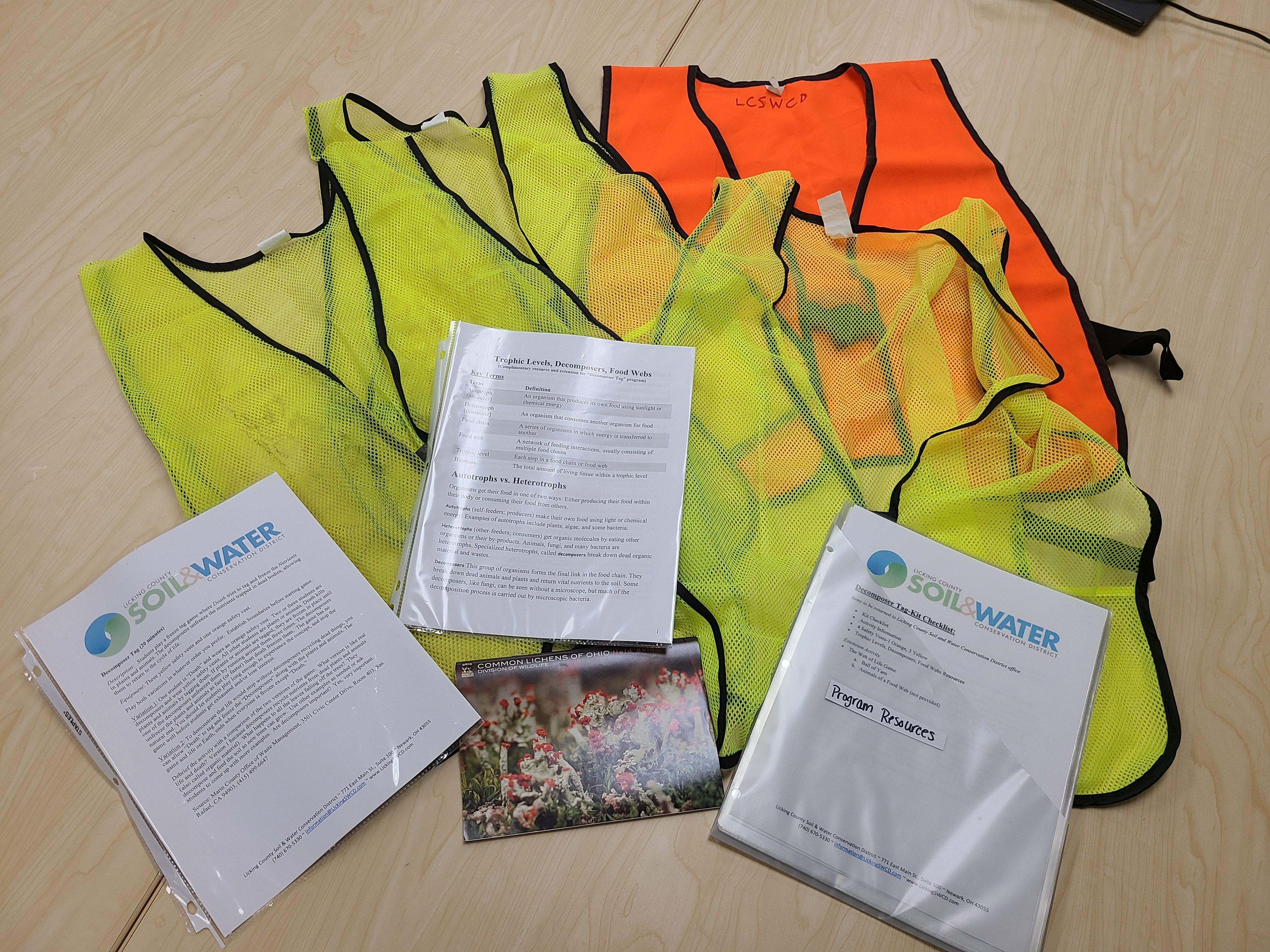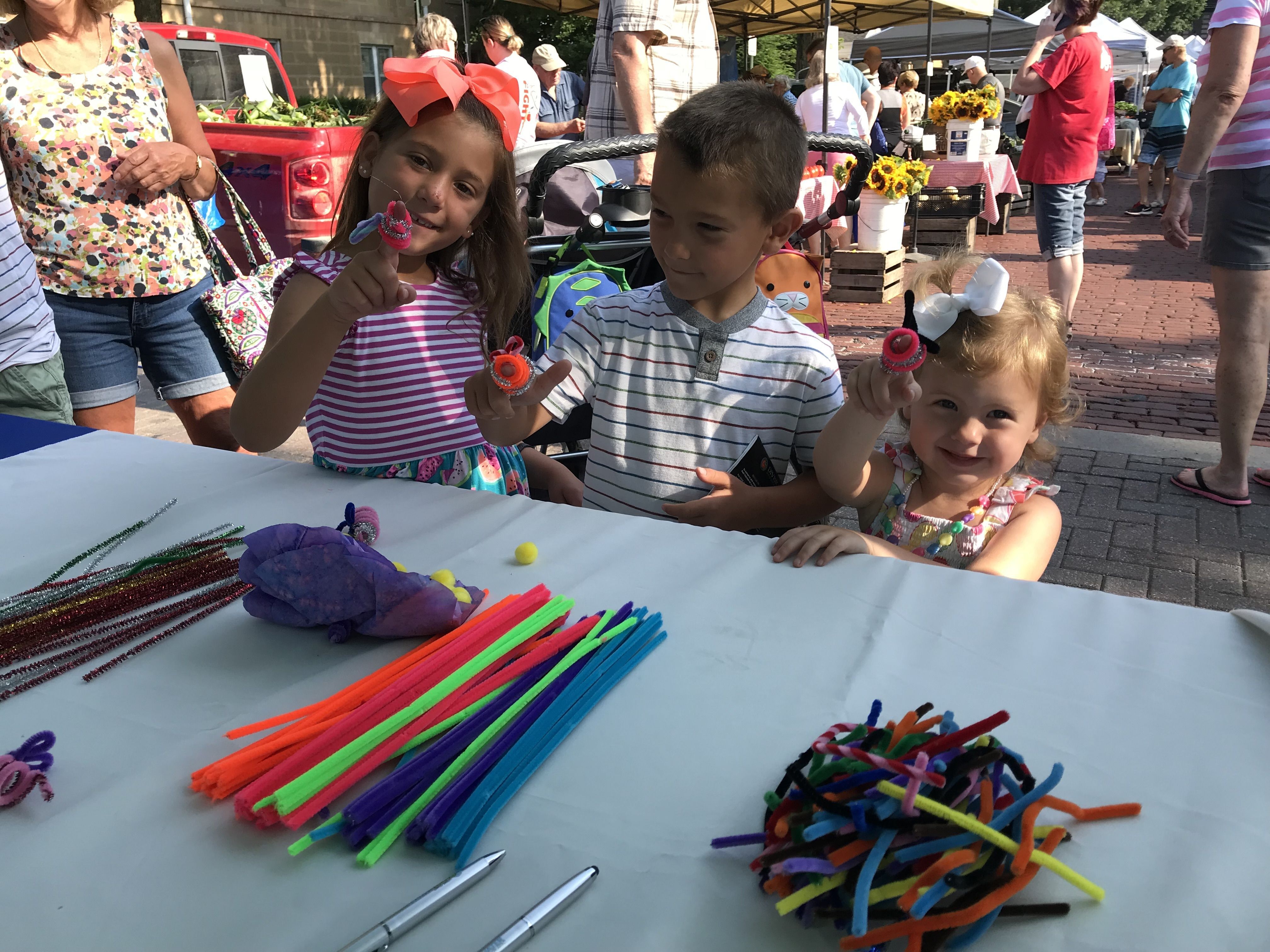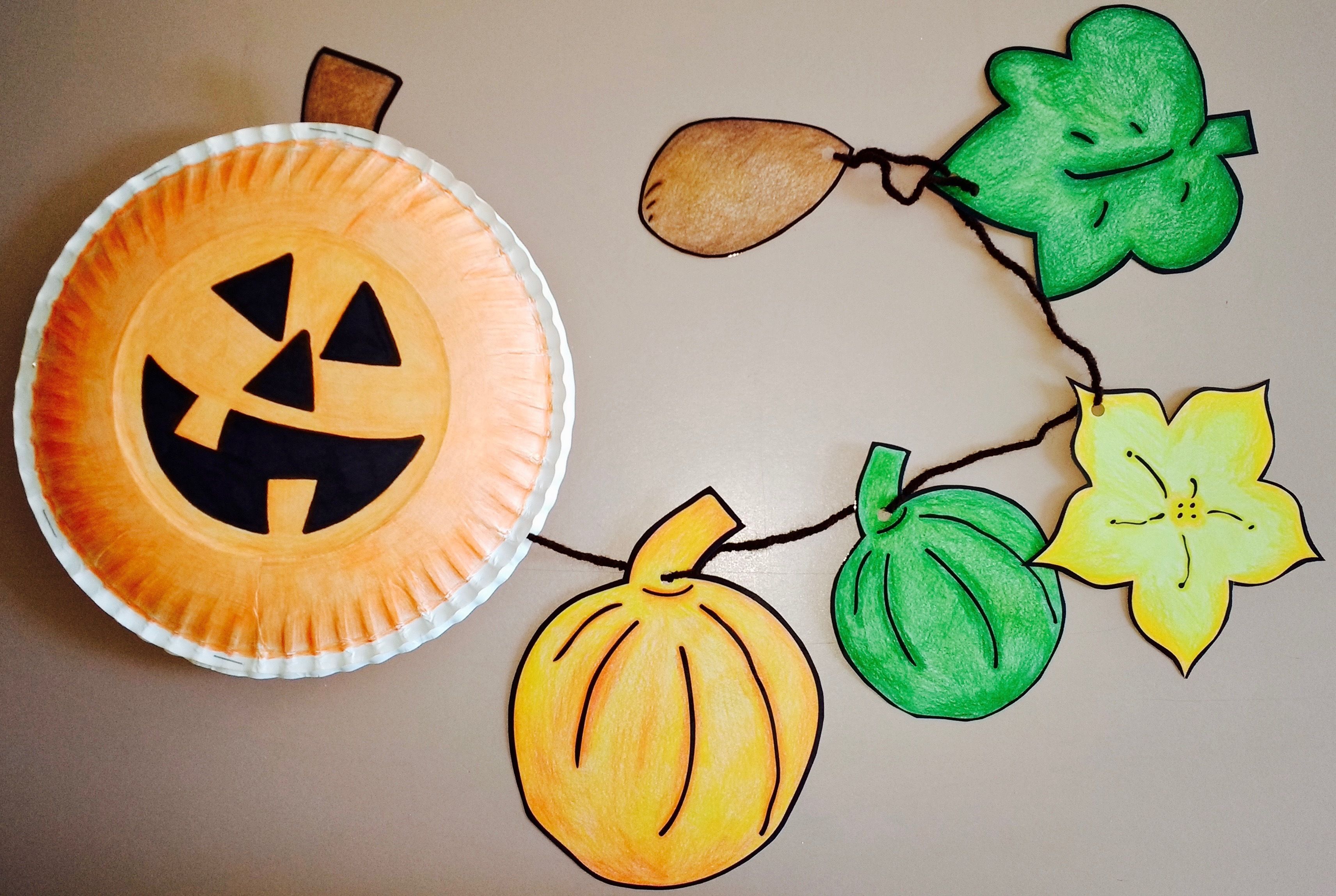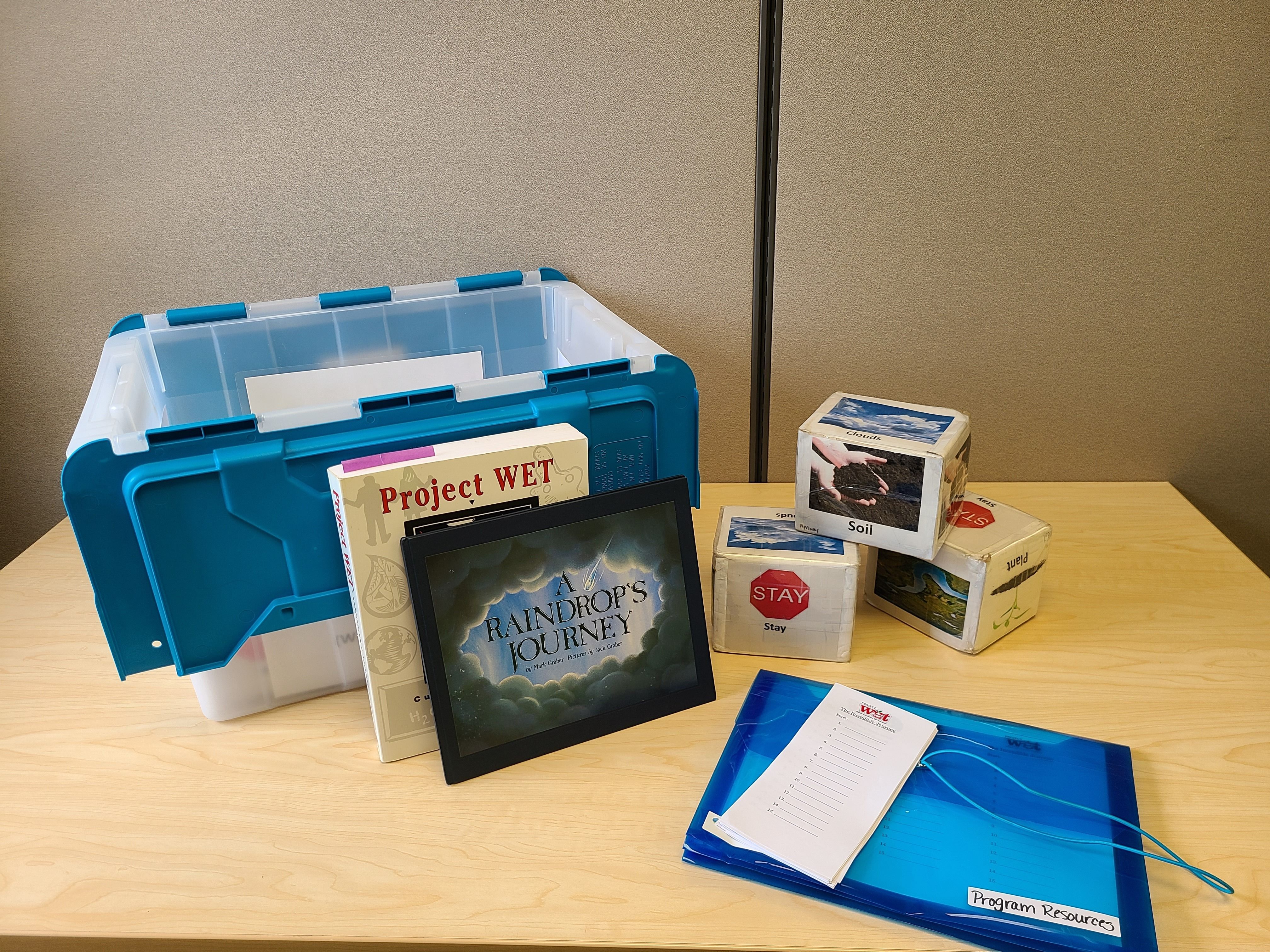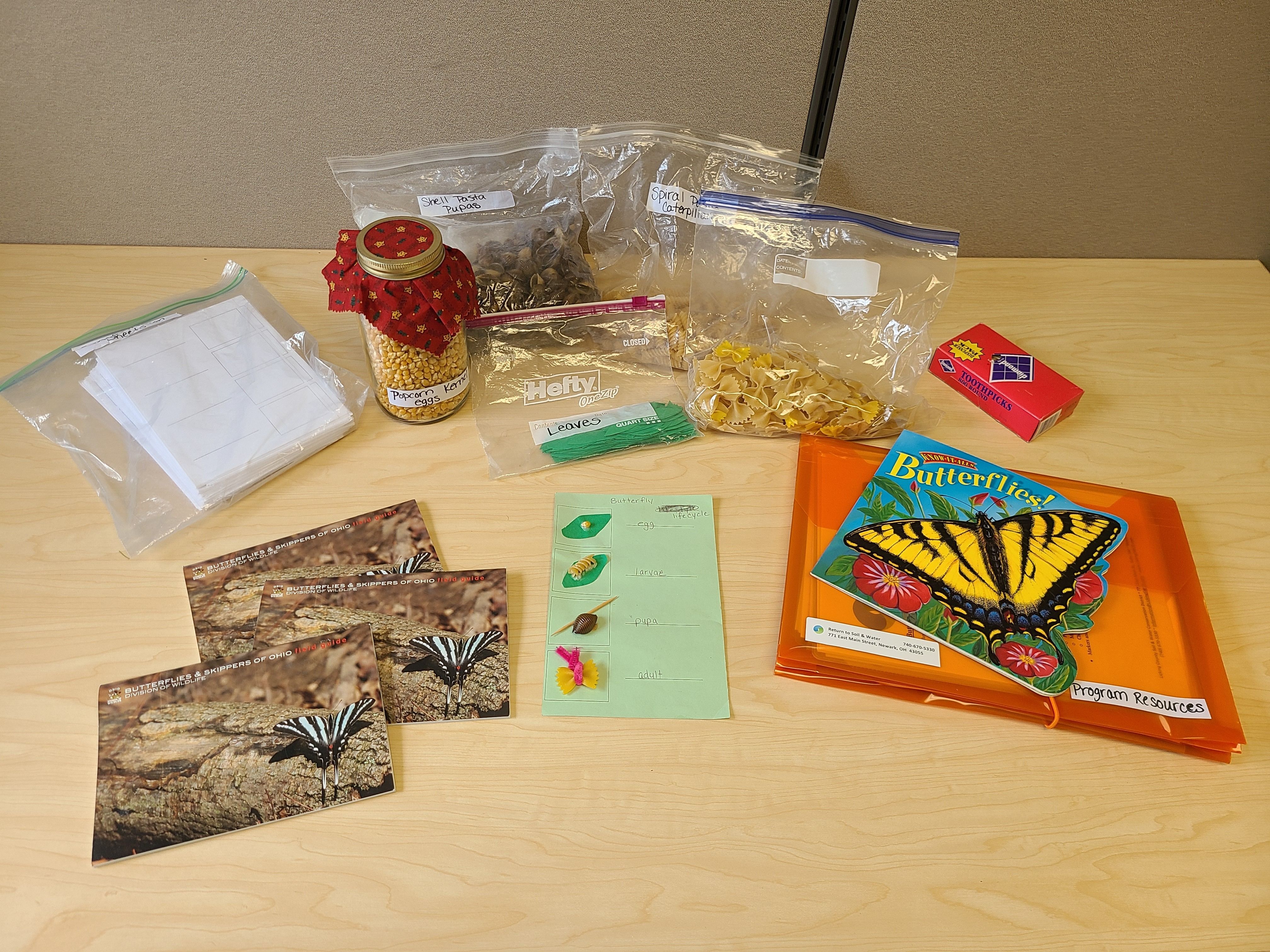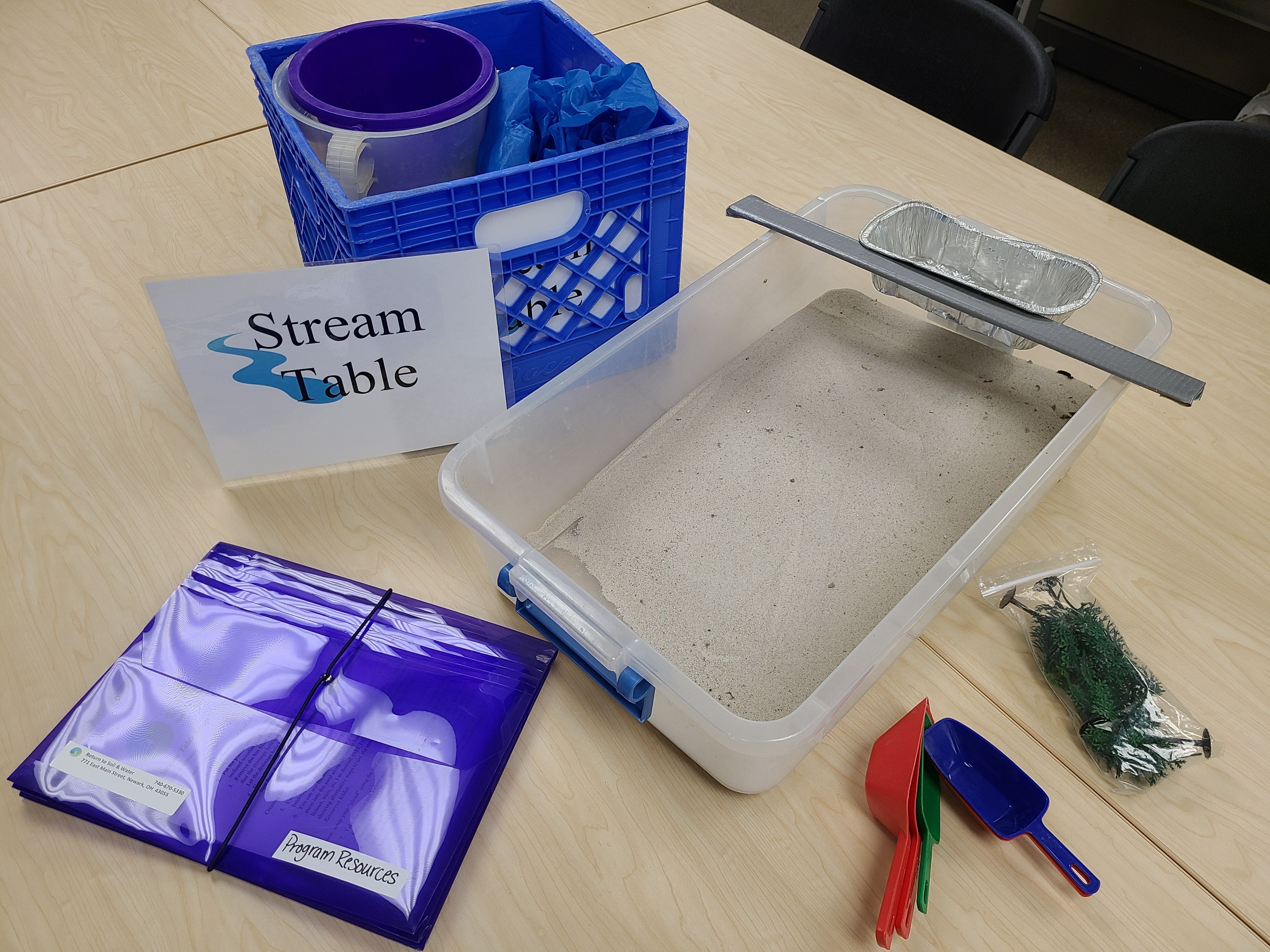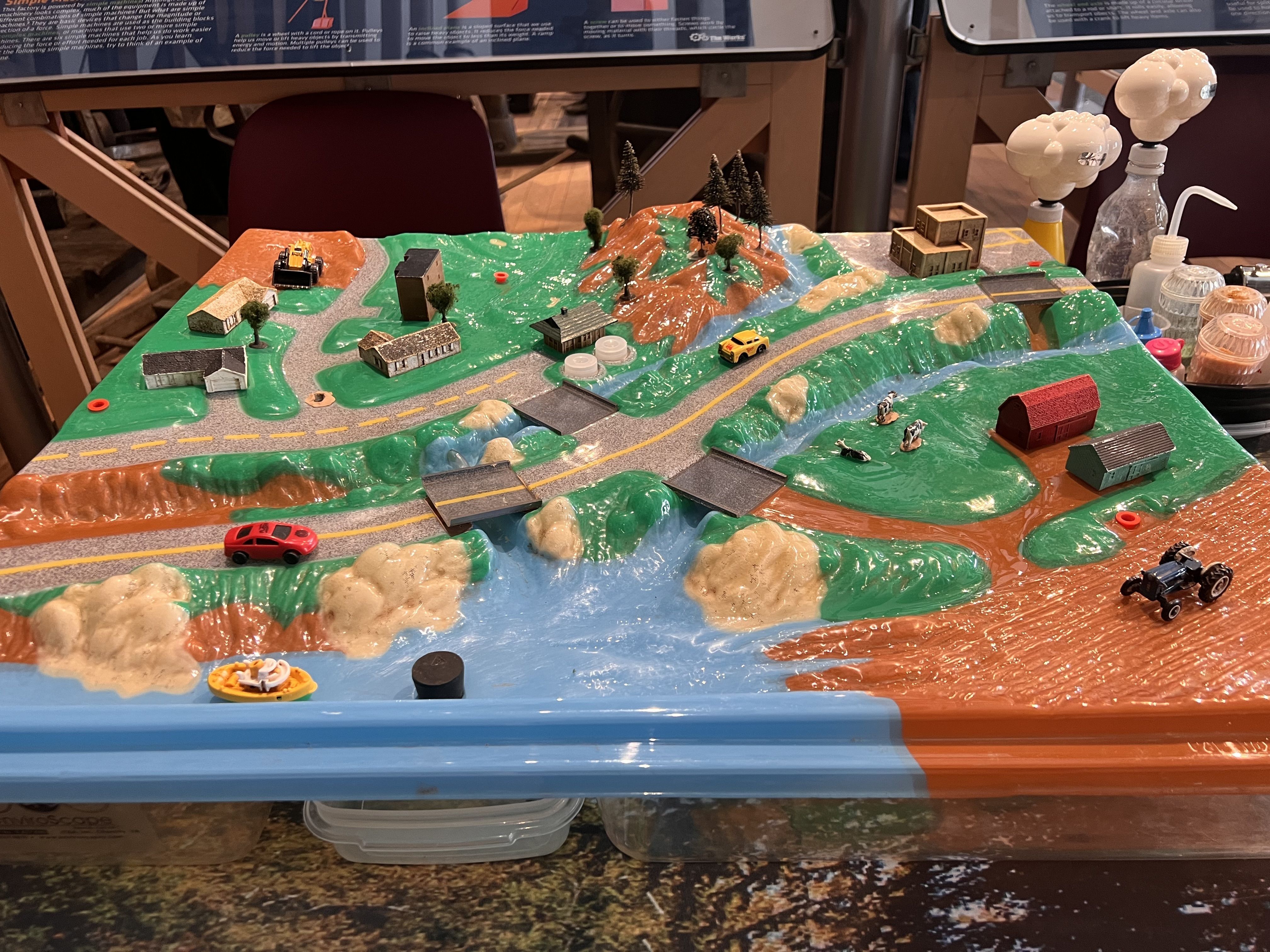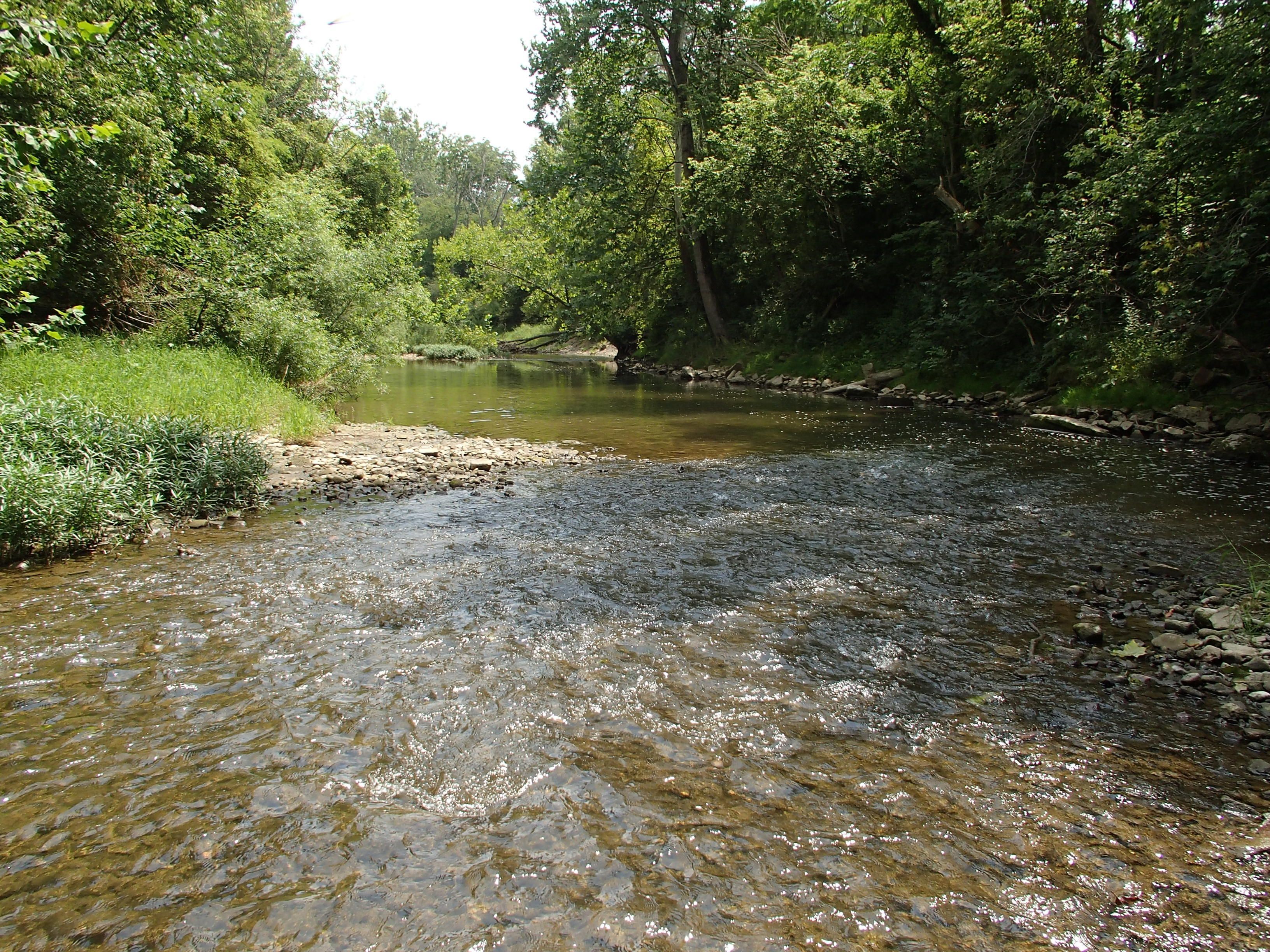Education and outreach are key to teaching present and future generations about our unique resources and why it is important to conserve them. Licking Soil & Water offers many education opportunities including school- and community-based programs.
School-aged Educational Programs and Teacher Resources
We offer Education Programs in the classroom or educational setting that are taught by a member of our staff. We also offer Loaner Kits that can be borrowed for use in your classroom or educational setting. Information on our Education Programs and Loaner Kits can be found by clicking the links below. All programming and kits are offered by Licking Soil & Water free of charge. For more information, please contact Licking Soil & Water at 740-670-5330.
Education Programs:
We offer Education Programs in the classroom, on your school grounds, or at a nearby park. For these programs, our Conservation Educator will come to you or a secondary location and teach the lesson to your students or group.
Loaner Kits:
Our Loaner Kits can be borrowed, upon request, for up to two weeks to fit into your lesson plans. We have tote ready kits with supplies, background notes, activities, resources, and more! The content in all Loaner Kits can be tailored to fit your age, grade, group, and standards. Choose from the list below or mix and match programs to fit your needs and time limitations.
What is the Envirothon?
The Envirothon is a high school competition designed to stimulate, reinforce and enhance interest in the environment and natural resources. Students are tested on their knowledge of soils, forestry, wildlife, aquatic ecology, and current environmental issues. In addition, the Envirothon encourages cooperative decision-making and team building. While each student on a team is challenged individually to contribute his or her personal best, the score that counts at the end of the competition is the team score. A team consists of five students, all from the same high school. An adult advisor (or advisors) must accompany the team, but is not permitted to assist the team during the competition.
High School students across the state compete on the local level at one of the five Area Envirothon Competitions. The top four teams from each Area Envirothon then go on to compete at the state competition held each year in June for the title of State Envirothon Champion. The winning team will then compete at the national competition, the NCF Envirothon, held annually in July in a different location in North America.
This year, the Tri-County Envirothon will be held on April 16th in Perry County. This is a practice competition for high school students with middle school students welcome to join. Registration for the Tri-County Envirothon will happen the day of the event, but please let us know your intentions beforehand so that we can plan accordingly.
This year’s Area 3 Envirothon will be held on April 23rd in Monroe County. We are looking for Licking County high school teams interested in participating! Up to four teams per school are welcome to join. Registration for the 2025 Area 3 Envirothon is due by March 12th, 2025.
Study materials for the Envirothon competition are available from Soil & Water upon request.
If you have any questions about the Area 3 or Tri-County Envirothon, registration for either event, or would like to be sent study materials, please contact Deirdre Wise at DeirdreWise@LickingSWCD.com or 740-670-5333.
Competition Dates:
Tri-County Envirothon- April 16, 2025 in Perry County
Area 3 Envirothon- April 23, 2025 in Monroe County
Ohio State Envirothon- June 2 - 4, 2025 Location TBD
National Envirothon- July 20 - July 26, 2025 at Mount Royal University, Calgary, Alberta, Canada
Adult Education Workshops/Field Days
We regularly hold a variety of workshops and field days. We hope you will join us in learning more about conservation of our natural resources. To review our current scheduled workshops and field days click here.


